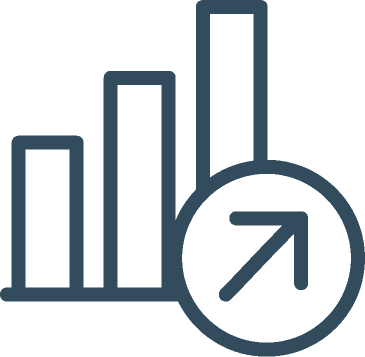
We could not find any results for:
Make sure your spelling is correct or try broadening your search.
Risk Warning

A CFD is a Contract For Difference. It is a popular form of derivative trading which lets you speculate on whether a market will rise or fall. It is calculated by the movement of an asset over the time of the contract, computing only the price difference without taking the underlying price of the asset into consideration.
You can take out a CFD on many financial markets, including global stock markets and indices, FOREX, commodities, interest rates, futures, options and bonds. A CFD is a derivative product, which means you do not actually purchase the asset itself.
You take out a contract with your broker on a particular asset – say, shares in Sainsburys – and say whether you think the price is going to go up or down. If you think Sainsburys’ share price is going to rise you take out a long position; if you think it’s going to fall, you take out a short position.
The trades can be short-term – even on a minute-by-minute basis – or long-term, for a month or even a year. But they don’t expire; you decide when to sell the contract.
Your profit or loss is determined by the difference between the price you buy at and the price you sell at. If you were right about the direction of the price movement then you make a profit, if you were wrong then you make a loss.
CFDs are a leveraged product, which means you can make a relatively small outlay to take out a large contract, and if you win this maximises your profits. But if you lose it also maximises your losses.
You do not pay stamp duty on CFDs but you do need to pay capital gains tax on your profits. You can also offset your losses against other taxes.
CFDs are a very risky kind of trading. As with all kinds of gambling, you should never bet more than you can afford to lose. You can lose more than your deposit.
Trading is a speculative activity involving risk of loss and is not a game.

It looks like you are not logged in. Click the button below to log in and keep track of your recent history.
Support: +44 (0) 203 8794 460 | support@advfn.com
By accessing the services available at ADVFN you are agreeing to be bound by ADVFN's Terms & Conditions